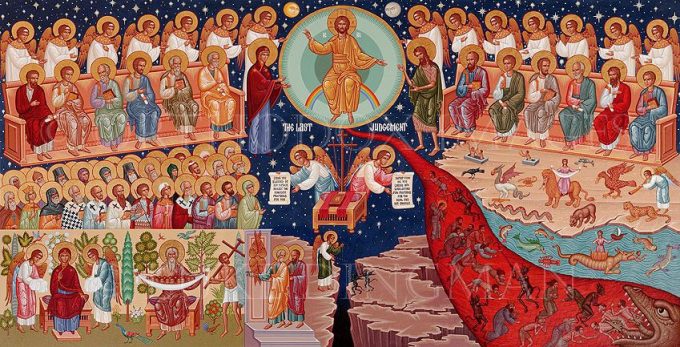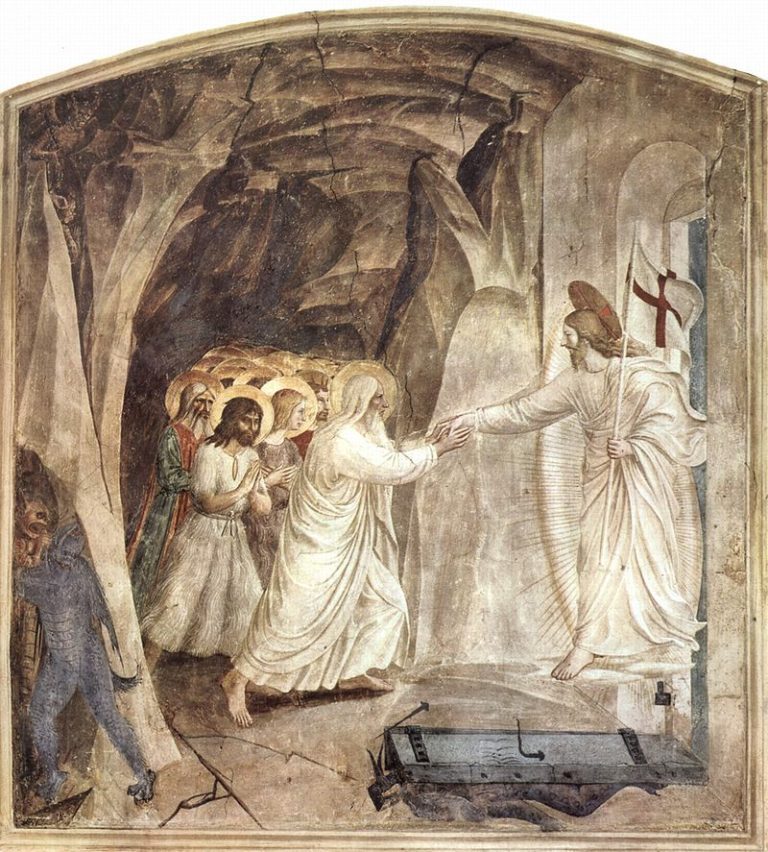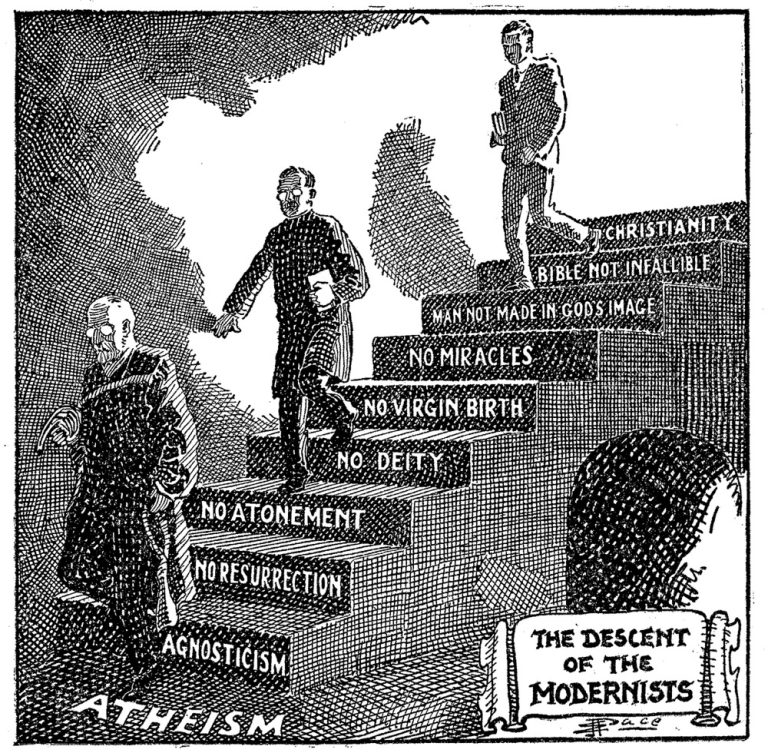Unfortunately, the person in agreement is Gustavus Adolphus IV, the King who did more to destroy the nation of Sweden than anyone would have believed possible. His point of agreement with Catholic Fundamentalism?
Over the last couple of months, the idea that the beast in the Book of Revelation, the one who was released and returned to earth after a thousand years of confinement, has been considered on catholicfundamentalism.com. The Bible does not give us the dates of that thousand year confinement, only that it lasted one thousand years. Catholic Fundamentalism thinks the thousand years may have run in the thousand years approximately between 800 A.D. and 1800 A.D.
In 800 A.D., Charlemagne was crowned Emperor of the Holy Roman Empire by Pope St. Leo III. Europe, for the next thousand years, was largely Christian. A thousand years after Charlemagne was crowned by Pope St. Leo III, Napoleon was crowned as Emperor, with the very same crown with which Charlemagne was crowned by the Head of the Body of Christ on Earth.
The difference? Napoleon did not allow the Pope in the ceremony, Pius VII, to crown him. He took the crown from Pope Pius VII and placed it on his own head. Then, he continued one of the most amazing military careers in history, defeating Austria, Germany, Prussia, Russia, lots of little kingdoms, small principalities, and, of course, the aforementioned King, Gustavus Adolphus of Sweden.
So, Catholic Fundamentalism does not stand alone in suggesting that the thousand years reported in the Book of Revelation ended when the forces of evil were unleashed upon the world by the French Revolution. Most of us, though, think Robespierre a more likely candidate than Napoleon.
The position that the thousand years may have ended with the French Revolution and/or Napoleon are supported by Gustavus Adolphus. He was an awful and incompetent King who nearly destroyed his own Kingdom before he was finally removed from power.
While Catholic Fundamentalists are glad to know they are not alone in their suggestion that the “thousand years” ran between 800 A.D. and 1800 A.D., we’re also aware that Gustavus Adolphus’s affirmation of any opinion is almost enough to automatically prove it to be wrong.
P.S. Another point of semi-agreement has been found in a man far smarter than Gustavus Adolphus. In a 1790 letter from John Adams to his cousin, Samuel Adams, John comments on the huge change made by the French Revolution. “Is the millennium commencing?”, he asked. While Catholic Fundamentalists think it more likely that the millennium was ending, there was at least a point of agreement in that it marked the change of an epoch as great as “the thousand years” of Revelation.








